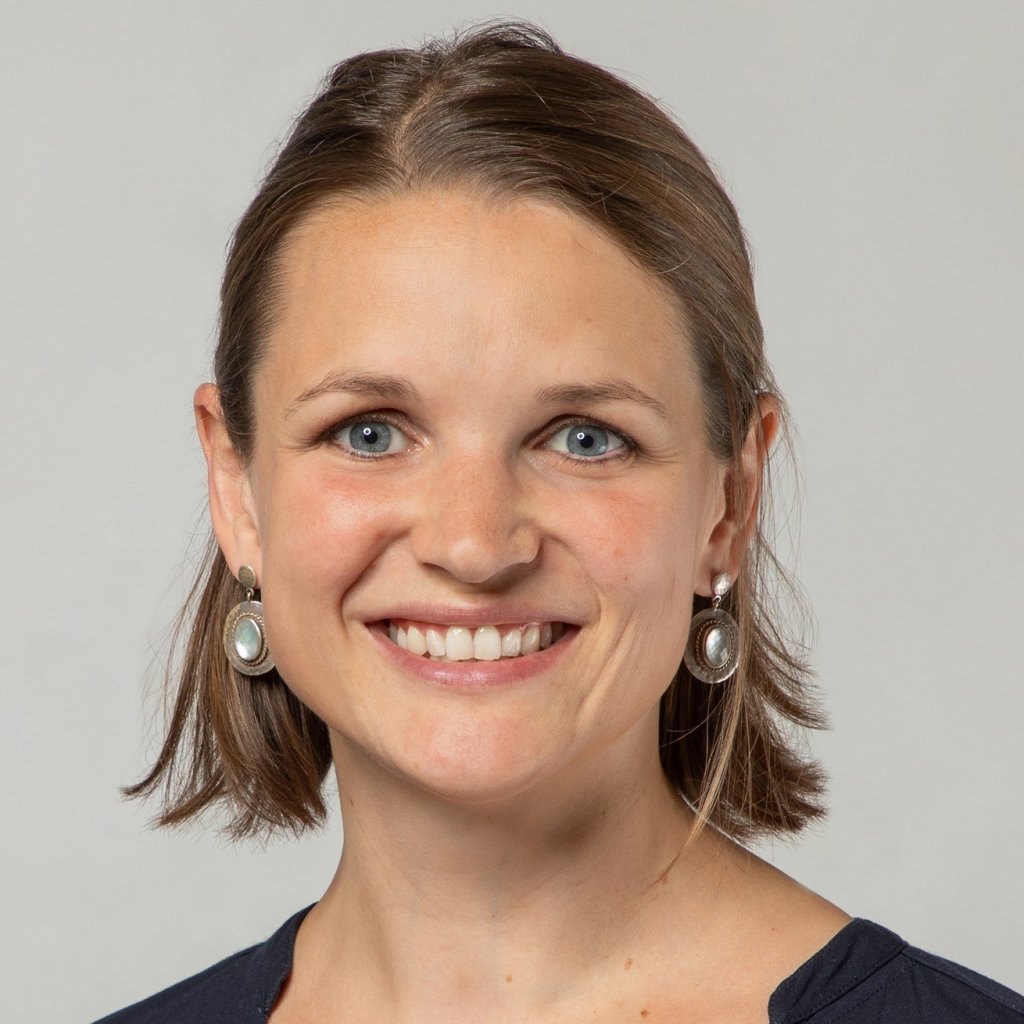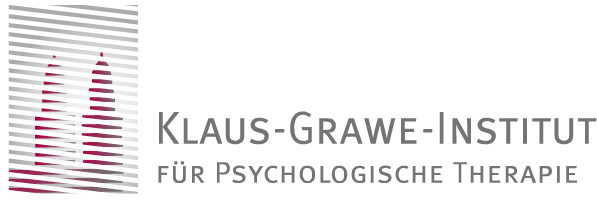
Dr. phil. Lorena Eisenegger
E-Mail: lorena.eisenegger@psychologie.ch
Profile
- Federally recognized Psychotherapist
- Certified Psychotherapist FSP (Federal Association of Psychologists)
- Supervisor in Education
Clinical Focus
- Individuals: obsessive compulsive disorders (OCD), depression, anxiety disorders, stress-related disorders (burnout, pain disorders), coping with difficult situations in life
- Couples: Couple counseling & therapy
- Gynaecopsychology: Therapy and counseling for psychological problems associated with gynaecological issues (e.g., postnatal depressions, complicated birth, abortions, child death)
- Unfulfilled childwish: Counseling and therapy for individuals and couples for coping with unfulfilled childwish
Education and Workexperience
- Since 2024: Advanced training supervision at Klaus-Grawe-Institute
- Since 2022: Psychotherapist at Klaus-Grawe-Institute
- 2021: Schema therapy training, ISTOS (Institut für Schematherapie Ostschweiz)
- 2018-2022: Psychotherapist, Sanatorium Kilchberg. Focus on obsessive-compulsive disorders and stress-related pain disorders
- 2017-2018: Psychologist, psychological counseling practice Psychologie Anderegg
- 2017-2021: Postgradual training in cognitive behavioral and interpersonal psychotherapy, Klaus-Grawe-Institute
- 2015-2018: PhD in psychology at Prof. Dr. Guy Bodenmann, University of Zurich. Topic: Empathy and affect regulation in intimate relationships
- 2015-2018: Conducting couples workshops (paarlife®)
- 2014-2016: Training in paarlife®-coach (couples workshop), University of Zurich
- 2009-2015: Bachelor and Master of Science in Psychology, University of Zurich
Languages
- German
- English upon request
Publications
(unmarried name Leuchtmann)
Constant, E., Leuchtmann, L., Veronique, C., Bodenmann, G., Gabrielli, F., Ott, L., & Nandrino, J.-L. (2020). Effect of marital satisfaction on self-regulation efforts in couples : Value of heart rate variability measurements. Scandinavian Journal of Psychology, 61(4), 574-581. https://doi.org/10.1111/sjop.12641
Rusu, P., Nussbeck, F. N., Leuchtmann, L. & Bodenmann, G. (2020). Stress, dyadic coping, and relationship satisfaction: A longitudinal study disentangeling timely stable from yearly fluctuations. PloS one, 15(4), e0231133. https://doi.org/10.1371/journal.pone.0231133
Leuchtmann, L., Milek, A., Bernecker, K., Nussbeck, F. W., Backes, S., Martin, M., Zemp, M., Brandstätter, V., & Bodenmann, G. (2018). Temporal dynamics of couples’ communication behaviors in conflict discussions: A longitudinal analysis. Journal of Social and Personal Relationships. https://doi.org/10.1177/0265407518806582
Leuchtmann, L., Horn, A., Kuhn, R., & Bodenmann, G. (2018). A process-oriented analysis of the 3-phase method: A therapeutic couple intervention strengthening dyadic coping. Journal of Couple & Relationship Therapy. https://doi.org/10.1080/15332691.2018.1462283
Leuchtmann, L.(2018). The role of empathy in interpersonal affect regulation in intimate relationships. University of Zurich, Zurich. Dissertation.
Leuchtmann, L., Zemp, M., Milek, A., Nussbeck, F. W., Brandstätter, V., & Bodenmann, G. (2018). Role of clarity of other’s feelings for dyadic coping. Personal Relationships, 25(1), 38-49.
https://doi.org/10.1111/pere.12226
Leuchtmann, L. & Bodenmann, G. (2018). New perspectives on dynamics of dyadic coping. In A. Bertoni, S. Donato, & S. Molgora (Eds.), When “we” are stressed: A dyadic approach to coping with stressful events (pp. 3-14). New York: Nova science publishers.
Leuchtmann, L. & Bodenmann, G. (2017). Die Rolle der Partnerschaft: Alkoholabhängigkeit als „We-Disease“. SuchtMagazin, 6.
Leuchtmann, L. & Bodenmann, G. (2017). Interpersonal view on physical illnesses and mental disorders. Swiss Archives of Neurology, Psychiatry and Psychotherapy, 168(6), 170-174.
https://doi.org/10.4414/sanp.2017.00516
